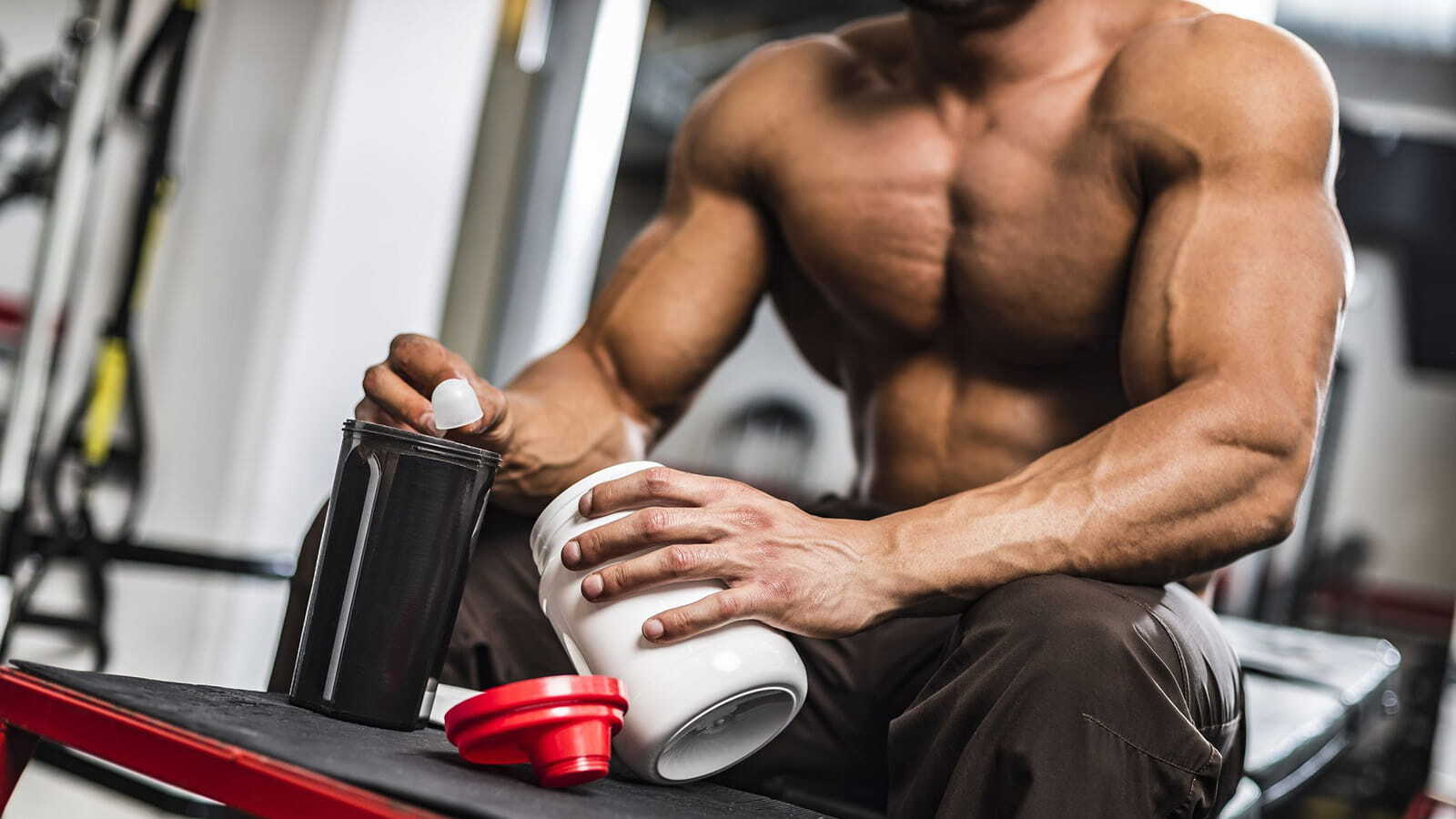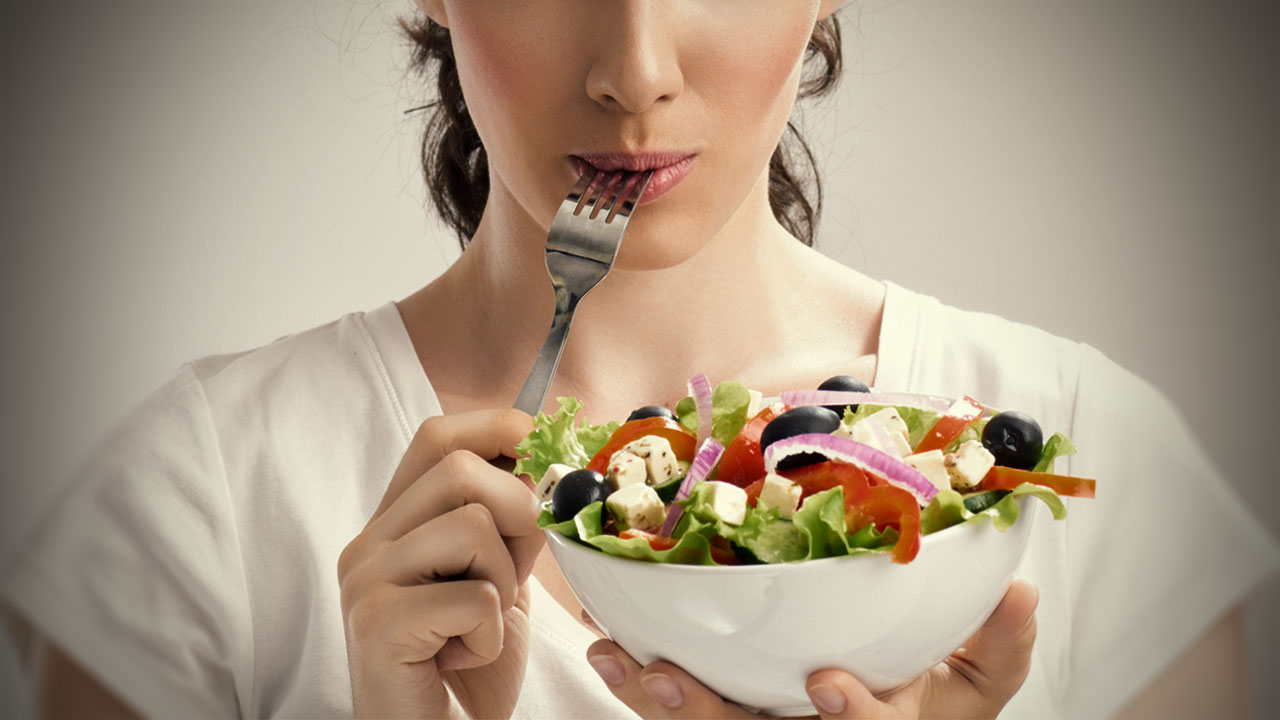Discover the Best 5 Vegan Protein Powders for Muscle Growth

Choosing the subject of plant protein sources shows that you either disagree with eating meat and its high cost for muscle building, or vegetarians and supporting animal rights.
Well, honestly, there was a mistake for the bodybuilders for a long time that "muscle building is not possible without eating meat". Because they thought they were gradually suffering from severe protein poverty, or its plant replacement was very small, but fortunately the period of these words is past.
Bodybuilding muscles with plant protein sources
Protein powders obtained from the plant are one of the best supplements for vegetarian bodybuilders. Because these athletes cannot use the protein in the meat and fish, and eating too much eggs and dairy is really boring.
As a result, vegetarian bodybuilders need more protein powders than other athletes. Do not think, however, that these powders are only useful for vegetarians, but also more easily digested protein powders. The athlete's body can also absorb up to 5 % of the protein in these powders. On the other hand, protein plant powders are a rich source of fiber and contain unsaturated fat.
Comparison of plant protein and animal protein
About 2 percent of the human body is made up of protein. Since the body does not store protein, it is important to have enough protein in our diet every day. But where do we get protein? We can get protein from many nutritional sources, including plant and animal sources. But what are these two sources and which is better? Here's a look at this.
All proteins are made up of amino acids; And the amino acid properties of plant and animal proteins vary. And this difference of amino acid causes the difference between these two types of protein.
Complete animal proteins and defective plant proteins
One of the most important differences between plant and animal protein is their amino acids. First we need to know about amino acids. In simple terms, to explain, overall, there are about 5 amino acids that the human body uses to build protein. These amino acids are classified into two essential and unnecessary categories.
Our body can produce unnecessary amino acids, but it cannot produce essential amino acids and must supply it through diet; Because our body needs all the essential amino acids in a certain amount.
Animal sources have all essential and unnecessary amino acids; And the full protein is considered; Because they contain all the essential amino acids that the body needs to function effectively. Animal protein sources include meat, fish, poultry, eggs and dairy.
Conversely, plant protein sources such as beans, lentils, chickpeas and other beans are considered incomplete; Because they lack one or more amino acids that our body needs. So the most important difference between plant and animal protein is that animal sources are the highest quality sources of protein.
Some nutrients are more in the sources of animal protein
Resources containing animal protein contain a lot of nutrients that most plant sources lack. These nutrients include the following:
Vitamin B12: Vitamin B12 is mainly found in fish, meat, poultry and dairy products. Unfortunately, vitamin B deficiency is common in vegetarians.
Vitamin D: Vitamin D is found in oily fish, eggs and dairy. Some herbs also have some vitamin D, but animal vitamin D is richer.
DHA: Dukosazanoic acid (DHA) is an essential omega -3 fat found in fatty fish and is very important for brain health, cardiovascular system (as well as in bodybuilding) and is difficult to get from plant sources.
Iron: Iron is mainly found in meat, especially red meat. Iron of animal sources is absorbed more than the iron of plant sources in the body.
Zinc: Zinc is mainly found in animal protein sources such as beef and lamb. The zinc in animal sources is also easily absorbed by the body.
Of course, there are also many nutrients in plants that are found in a small amount in animal foods. Therefore, eating balanced amounts of both plant and animal proteins is the best way to get all nutrients needed.
Benefits of plant protein
Diets include plant protein, such as a vegetarian diet, have many benefits and are recommended for health. Studies show that vegetarians are less likely to be overweight and obesity, and they usually have low cholesterol and lower blood pressure than meat.
Also, the risk of stroke, cancer, and death caused by heart disease in vegetarians is much lower than that of carnivorous people. Now we will point out the other benefits of using herbal protein:
Risk Risk of Heart Disease: Studies have shown that people who acquire protein only from plant sources are less likely to develop hypertension, high cholesterol and heart disease, and those who receive all protein from animal sources are more likely to be exposed to these diseases.
Reduce the risk of type 2 diabetes: A small study on people with type 2 diabetes has shown that only six meat protein (week) with herbal protein has a significant effect on improving cholesterol and blood sugar.
What does vegan diet means + Anything about this lifestyle

What is a vegan diet? When I go to the restaurant and etc. everyone asks me the same question. Some of them are curious about the vegan lifestyle and want to know more about that. On the other hand, some people are interested in starting a vegan diet and try to know anything about that.
I am Sara and started the vegan lifestyle more than 5 years ago. When I want to start this diet, I have a lot of questions about that. Some of my questions were: what is this lifestyle meal plan? And I can find sources of vegan food full of vitamins and minerals.
In this article, I want to share with you my knowledge and experience about the vegan diet and anything vegans can eat. Are you ready? Let’s get to know this lifestyle and start the first vegan day of your life.
Vegan and vegetarian diets are different. On a vegetarian diet, you can eat fruits, vertebral, honey, and diaries. They only exclude meat and seafood like fish, cow meat, sausage, burger, etc. but on a vegan diet, you don’t use any animal products.
A vegan diet is a special lifestyle to reduce farm animal exploitation, protect the environment, and make a healthy strong body.
I choose this diet because I love animals and the planet. This is the Definition of veganism for me and my family also agrees with this vegan diet Definition. I think it’s not just about diet, it’s about an amazing lifestyle for all people.
A vegan diet includes anything that has a plan based and there is no honey, dairy, fish, etc. Vegans like animals and want to support real life. For this, they don’t use anything that comes from animal meat, products, etc. Like natural leather.
If you have meat only on one or two days of the month or you can’t eat eggs, honey, or cow’s milk, and …, you are not vegan. Also, you have a healthy diet and your meal plan is better than someone eating fast food every day. This is great, but not a specific lifestyle like the vegan diet.
Which foods do vegans eat? Beginners of vegans want to find this question answered. Because they need some meal plan to start and a list of vegans food helps them to start this lifestyle correctly. Below I list how a vegan eats and based on it you can buy some things to make daily vegan meals.
- All of the Vegetables such as carrots, potatoes, corn ants, etc.
- Any pasta like Penne and Ravioli
- All bread-like Banana Bread and Pita Bread made for vegans.
- All of the tastiest fruits like Mango, grapes, blueberries, etc.
- All of the seeds are like Chia Seeds.
- All of the nuts like almonds and cashew nuts.
- All of the beans like Black-Eyed Peas and Pinto Beans.
- Vegan kinds of milk like soy milk and almond milk.
- Vegan vitamins and supplements
- Vegan chocolate, cake, cookies, and vegan wine.
When you start a vegan diet, this lifestyle opens a new way for your meal plan. The first time, you find on this diet you can’t eat anything based on animal products, but after starting a vegan lifestyle, you find there is amazing unknown food, vegetables, etc. You can try that and make a new planned meal for your family every day. This is the magic of this diet. A lot of new food for everyone.
There is lots of salad, vegan cheese, vegan sandwiches, and fries, and vegan fast food like burgers. Also, vegans can make amazing soup every day for the starter of their meal plan.
All vegan food made based on plans and they are healthy than other food. But when you don’t have a special meal plan and eat more fruit, maybe your blood glucose will increase and after many times you will see Diabetes symptoms.
To protect your body against diseases, choose healthy vegan foods like meal-based soy or vegetables.
If you’re considering becoming vegan, you may have questions about how to get all your nutrients as a vegan. The good news is that it’s entirely possible to get enough nutrients on a vegan diet. All it takes is a little planning, preparation and knowledge of vegan nutrition.
First, it’s important to understand the basics of what your body needs. Generally speaking, you’ll need proteins, carbohydrates, fats, vitamins, minerals, and fiber. To make sure you’re getting enough of these nutrients as a vegan, you should focus on eating a variety of fruits, vegetables, grains, legumes, nuts, and seeds. These foods will provide you with essential amino acids, fiber, vitamins, and minerals.
In terms of proteins, vegan diets can provide all the essential amino acids you need. Beans, lentils, quinoa, tempeh, and tofu are all great sources of vegan proteins. When it comes to carbohydrates, you can get these from whole grains, starchy vegetables, and fruits. Fats are important too, and they can be found in nuts, seeds, and avocados.
You’ll also need to make sure you’re getting enough vitamins and minerals. Vitamin B12 is especially important for vegans, since it’s found mainly in animal products. You can get B12 from fortified foods, such as plant-based milks and breakfast cereals, or you can take a supplement. Vitamin D and calcium are also important and can be found in fortified foods, such as plant-based milks and yogurts.
Overall, it’s possible to get enough nutrients on a vegan diet. All it takes is a little planning, preparation and knowledge of vegan nutrition. With the right foods, you can make sure you’re getting all the nutrients you need as a vegan.